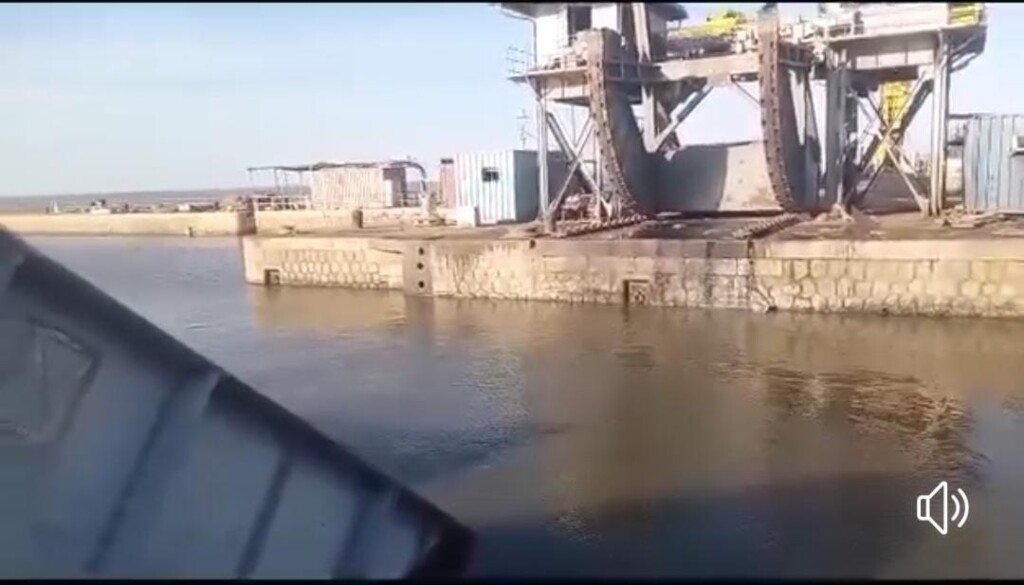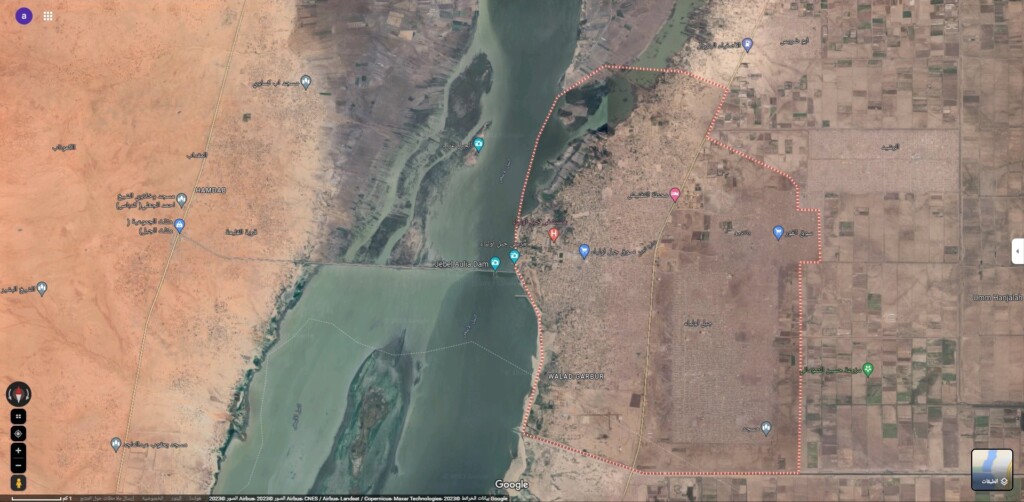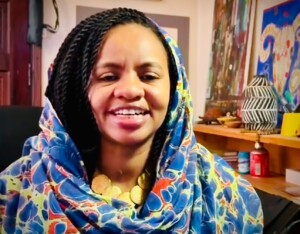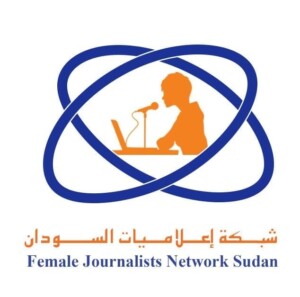Sudan experts warn of disaster if Jebel Aulia dam is not maintained

Destruction of the moving part of the Jebel Aulia Bridge in fighting between the army and the RSF, November 18, 2023 (Photo: Supplied)
Experts are warning of the state of the Jebel Aulia dam in the White Nile south of Khartoum as maintenance has not taken place since the end of last year. The failure of the dam to raise the water level of the White Nile may lead to a failed agricultural season. A collapse of the dam also threatens people in Khartoum.
The Jebel Aulia dam, 44 kilometres south of central Khartoum, was established in 1937. The reservoir, with a capacity of 3,500 million m3, was originally designed to benefit Egypt by augmenting the supply of summer flow to Aswan. Since the construction of the High Aswan dam, Egypt did not longer need the Jebel Aulia dam and officially handed it over to Sudan in 1977.
The main function has become to raise the water level in the areas south of the dam on the east and west banks of the White Nile for the mechanic irrigation of agricultural projects. However, the required maintenance has not occurred since the Rapid Support Forces (RSF) took control of the area in November last year, which has led to serious concerns about the possibility to irrigate White Nile state farms in the upcoming agricultural season this winter.
In an open appeal to both the governor of White Nile state and the RSF command earlier this week, Yousef El Hasani, the head of the White Nile Farmers Association warned that the state’s farms and agricultural projects depending on irrigation during the winter season are threatened due to the low level of the Nile water.
The dam operating system needs to be manned permanently to maintain the water levels in the White Nile. “The raised water level is supposed to serve the many agricultural projects in White Nile state, including national sugarcane plantations, and the damage will be large when the engineers cannot return to their jobs soon,” El Hasani explained in the letter.
“We, as farmers in irrigated projects and good citizens, launch this appeal to the two parties to remedy the matter. The irrigation department is to be coordinated, and the safety of the engineers to be ensured so that we can catch up with the current agricultural season, similar to the coordination that have been allowed to maintain affected facilities such as communication services, electricity, and water in armed conflict areas.”
Mohamed Dawi, secretary-general of the White Nile Organization for Resource Development and specialised in partnerships between public and private sectors, told freelance journalist Elnoor Abdallah in Rabak, the capital of White Nile state, that the Jebel Aulia Dam serves all irrigated agricultural projects in the state, including the Kenana, El Nil El Abyad (White Nile), and Asalaya sugar factories. It sustains irrigation pumps on the eastern and western banks along the White Nile, until the border with South Sudan.
“The bitter truth remains that because of the continuing insecurity and use of heavy weapons in the Jebel Aulia area, there is no possibility for the engineers, technicians and workers of the dam to practice their important work,” he stated. “We hope that the looming agricultural disaster will happen and add to the tragedy the country is already experiencing.”
The head of the White Nile Organization and former White Nile state Minister of Agriculture, Fatima Abdelkarim, denied rumours about the dam being destroyed. She confirmed to Abdallah that the main reservoir is intact. “What has been destroyed is the crane that controls the gates of the reservoir, which can be repaired.”
She further noted that “investors are hesitant to fund agricultural projects this season, due to the security situation and the low water level not reaching the pumps”.

More risks
Tajeldin El Khazeen, engineer and chief advisor at the Sub-Saharan Africa Centre, warned of this year’s extremely high-water levels in Lake Victoria, the source of the White Nile.
“The Jebel Aulia reservoir, with a turbine gate of only five megawatts, cannot accommodate the excess amount of water. It was built to organise water flows and not for storage purposes,” he explained and warned that in case of flooding, an area of 40 square km may be affected.
Economist and former Minister of Investment El Hadi Ibrahim commented by saying that he believes that “pro-active steps concerning the safety of the Jebel Aulia dam are not only important for the success of the agricultural season in the state, but also to ward off the great risks that may lead to the destruction of the areas near the river banks, including in the national capital and other cities located along the Nile”.











 and then
and then